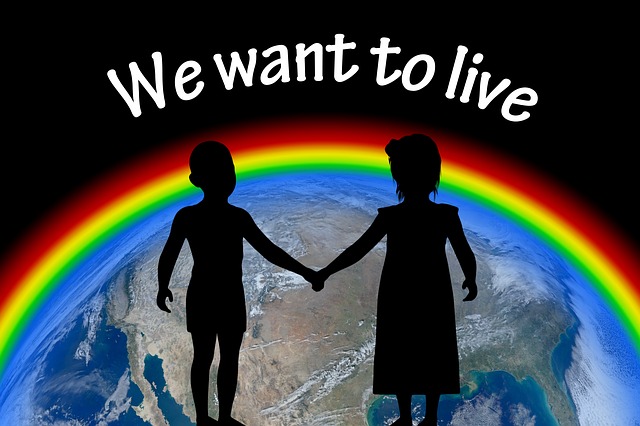Coronavirus News
Coronavirus Driving may never fully bounce back from the coronavirus pandemic
Increased working from home and use of e-commerce will be “powerful and enduring” in the U.S. — potentially enough to reduce auto miles traveled by up to 9% going forward, according to a new KPMG analysis. Why it matters: The behavioral changes that stick around once the coronavirus crisis passes will affect power use, driving levels…

Coronavirus
Increased working from home and use of e-commerce will be “powerful and enduring” in the U.S. — potentially enough to reduce auto miles traveled by up to 9% going forward, according to a new KPMG analysis.
Why it matters: The behavioral changes that stick around once the coronavirus crisis passes will affect power use, driving levels and oil demand — with repercussions for all those industries.
- The KPMG report takes a stab at specifically quantifying the potential long-term driving effects in the U.S., and what it means for the auto sector.
The big picture: While driving has recovered a lot from the depths of the pandemic, KPMG analysts say that going forward, U.S. vehicle miles traveled could drop by a range of 140 billion to 270 billion miles per year.
- The consultancy estimates that car ownership also could fall, from 1.97 to 1.87 vehicles per household.
- “That may not sound like much, but it could translate into 7 million to 14 million fewer vehicles on U.S. roads,” the report notes.
What’s next: That change would cut into car sales, but the stickiness of the pandemic lifestyle could also shake up the industry in other ways by increasing demand for delivery vehicles.
- “Both incumbent automakers and startups are working on innovative delivery-van designs, new power-train systems, and autonomous capabilities,” they note.
Quick take: Look for intensifying competition in the electric delivery vehicle market, where several startups — notably Rivian, which has a huge deal with Amazon — and legacy players are in the mix.
The intrigue: The ultimate effects of the pandemic on auto and plane travel could hasten the peak of global oil demand, and some analysts think it may have already happened.
- “Energy demand and certainly mobility demand will be lower even when this crisis more or less [is] behind us. Will it mean that it will never recover? It’s probably too early to say,” Royal Dutch Shell CEO Ben van Beurden tells IHS Markit’s Dan Yergin in an interview posted this week.
Yes, but: KPMG energy analyst Regina Mayor, in an email exchange, cautions against assuming that our new work and driving habits on their own will have a major long-term effect on motor fuel use.
- She notes variables like how much shopping trip reductions are offset by delivery truck miles, the potential for people to move out of urban areas, and avoidance of public transit and planes in favor of cars.
My thought bubble: It’s possible to see a scenario where oil demand has peaked, but it would mean several forces — not just more remote work and shopping — moving in the same direction.
- Others include changes in trade and shipping patterns as countries look to localize supply chains, as well as economic recovery packages steering lots of resources into efficiency, electric vehicles and mass transit, and the jury’s still out there.

Subscribe to the newsletter news
We hate SPAM and promise to keep your email address safe



















